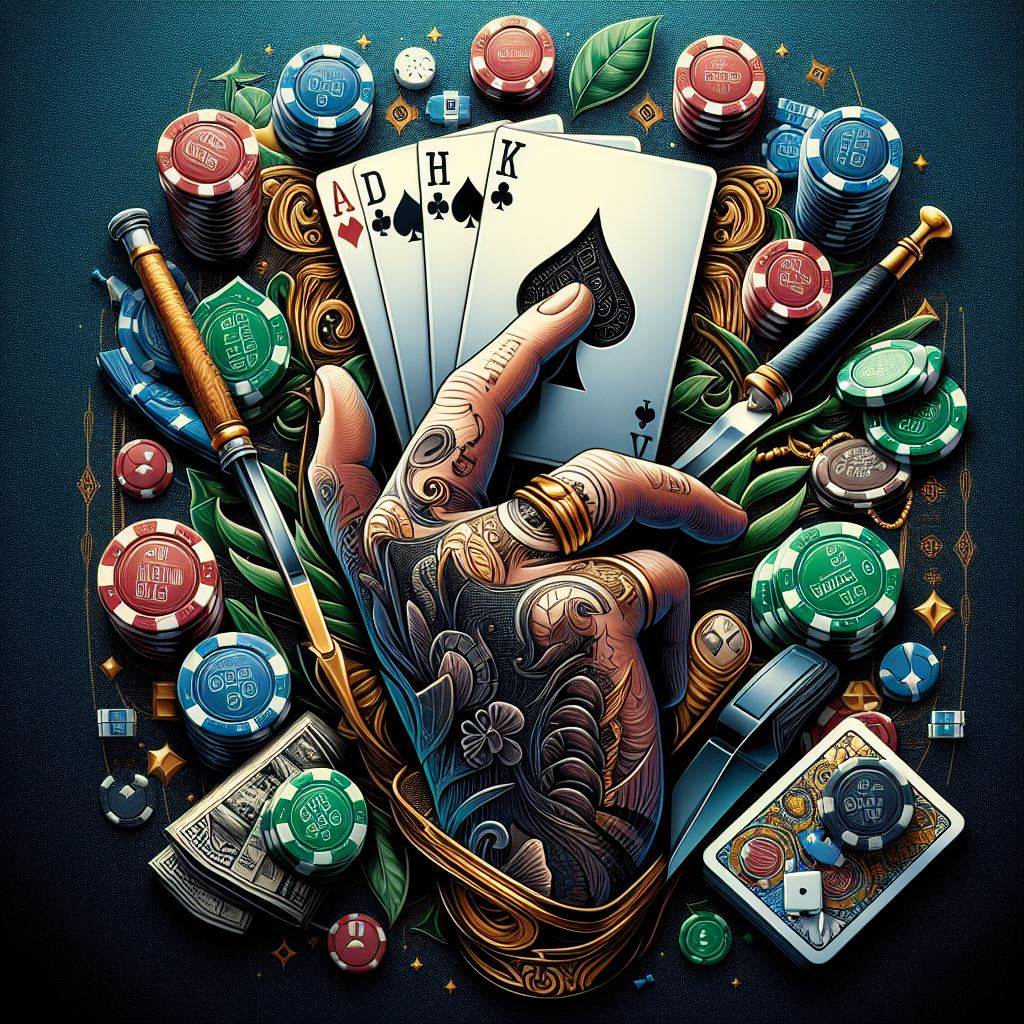From Luck to Skill: Demystifying the Game of Poker

Poker, a game often shrouded in the mystique of luck,the Game of Poker chance, and high-stakes drama, unfolds a deeper narrative upon closer examination. This narrative is not one of mere fortune but of skill, strategy, and psychological acumen. “From Luck to Skill: Demystifying the Game of Poker” seeks to unravel the complex tapestry of this beloved game, shedding light on the elements that transform it from a gamble to a discipline where skill decidedly trumps luck in the long run.
The Misconception of Luck
The allure of poker often lies in its inherent unpredictability and the thrill of the unknown. To the uninitiated, it may appear that luck reigns supreme, with fortunes won or lost at the turn of a card. However, this perspective overlooks the nuanced strategies and decision-making processes that underpin the game. While luck may dictate a single hand’s outcome, skill is the defining factor in long-term success.
The Foundations of Skill in Poker
Strategic Mastery
At its core, poker is a game of incomplete information and strategic maneuvering. The ability to make informed decisions based on the cards in play, the tendencies of opponents, and the dynamics of the betting rounds showcases the game’s strategic depth. Mastering these elements requires an understanding of advanced concepts such as pot odds, hand ranges, and expected value.
Psychological Warfare
Poker transcends the mere analysis of cards to include a rich layer of psychological interaction. Reading opponents, bluffing, and maintaining a poker face are skills that elevate a player’s game beyond the mechanical. The psychological battle waged across the table is where skilled players exert control, manipulating the flow of the game through sheer force of will and perception.
Emotional Resilience
The volatility of poker can test the emotional fortitude of even the most seasoned players. Skill in poker is not just about playing the right hands but also managing one’s emotions, maintaining discipline, and making rational decisions under pressure. Emotional resilience is a skill cultivated through experience, critical for navigating the highs and lows of the game.
Learning and Adaptability
The landscape of poker is ever-evolving, with new strategies and styles emerging constantly. The skilled player is a perpetual student of the game, always seeking to learn, adapt, and innovate. This commitment to growth is what distinguishes the greats, allowing them to stay ahead of the curve and capitalize on the ever-changing dynamics of poker.
The Role of Luck: A Catalyst for Skill
While acknowledging the role of skill, one cannot entirely discount luck in poker. Instead, luck serves as a catalyst, creating scenarios that test a player’s skill and adaptability. It introduces variability that keeps the game exciting and unpredictable, ensuring that no two hands are ever quite the same. In this light, luck is not a determinant of


